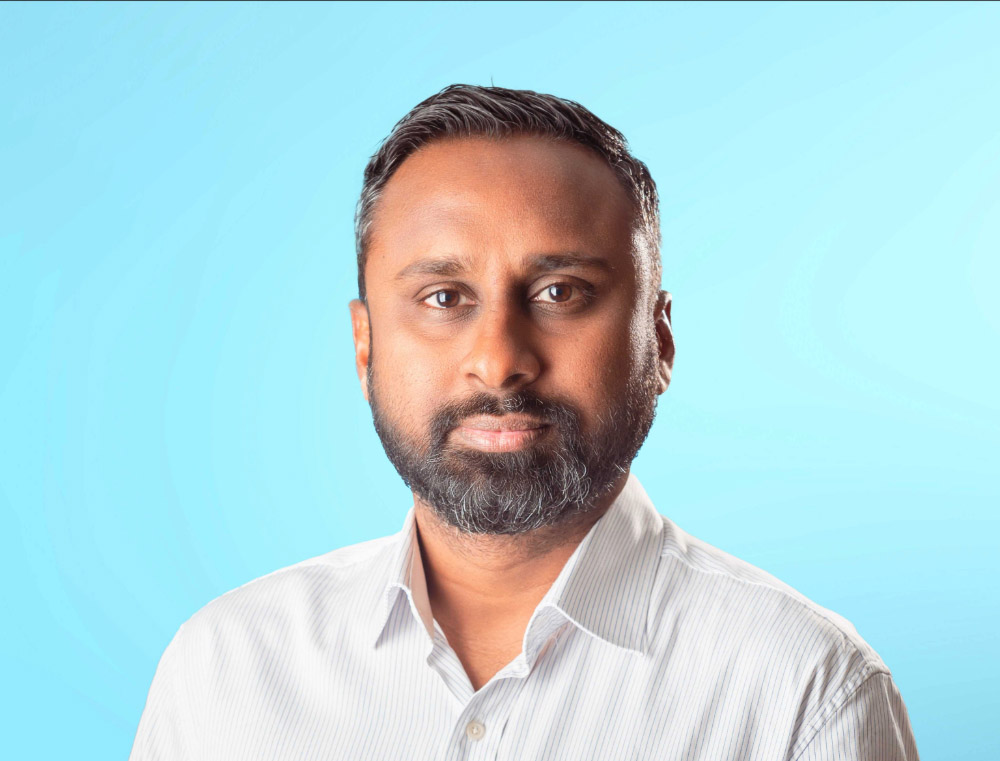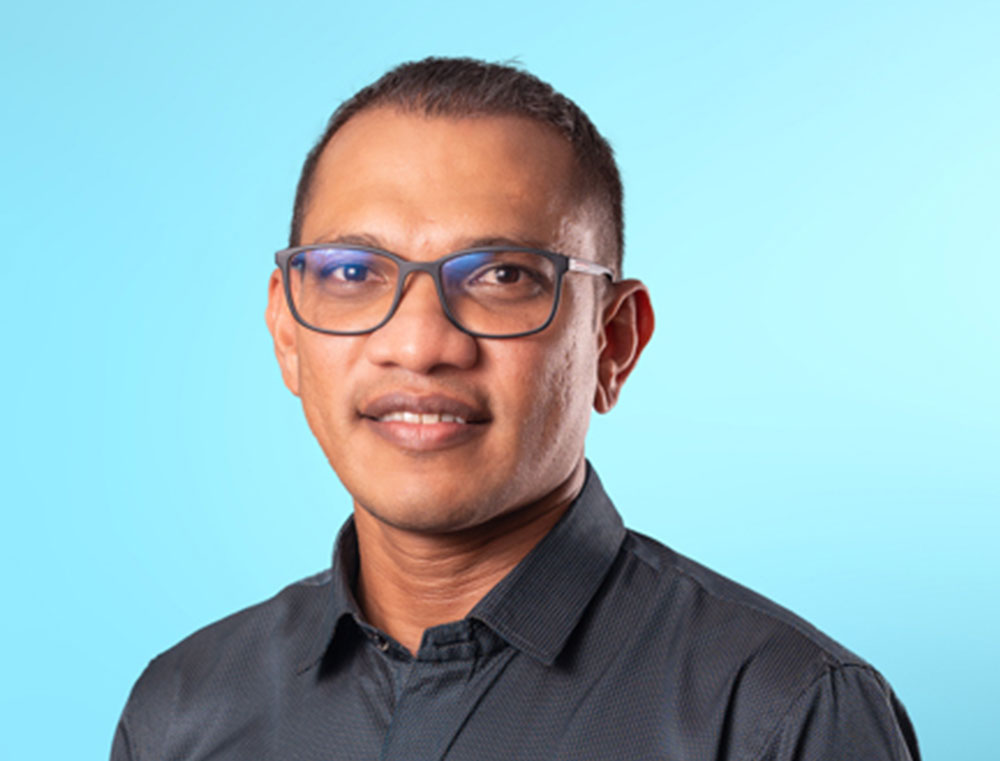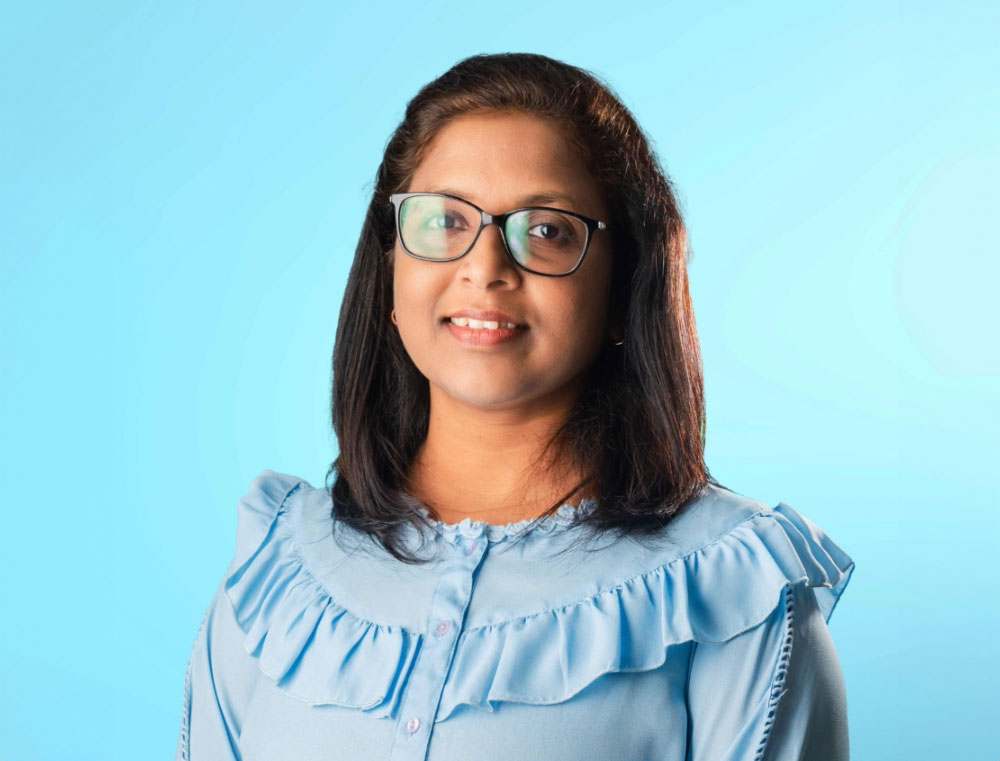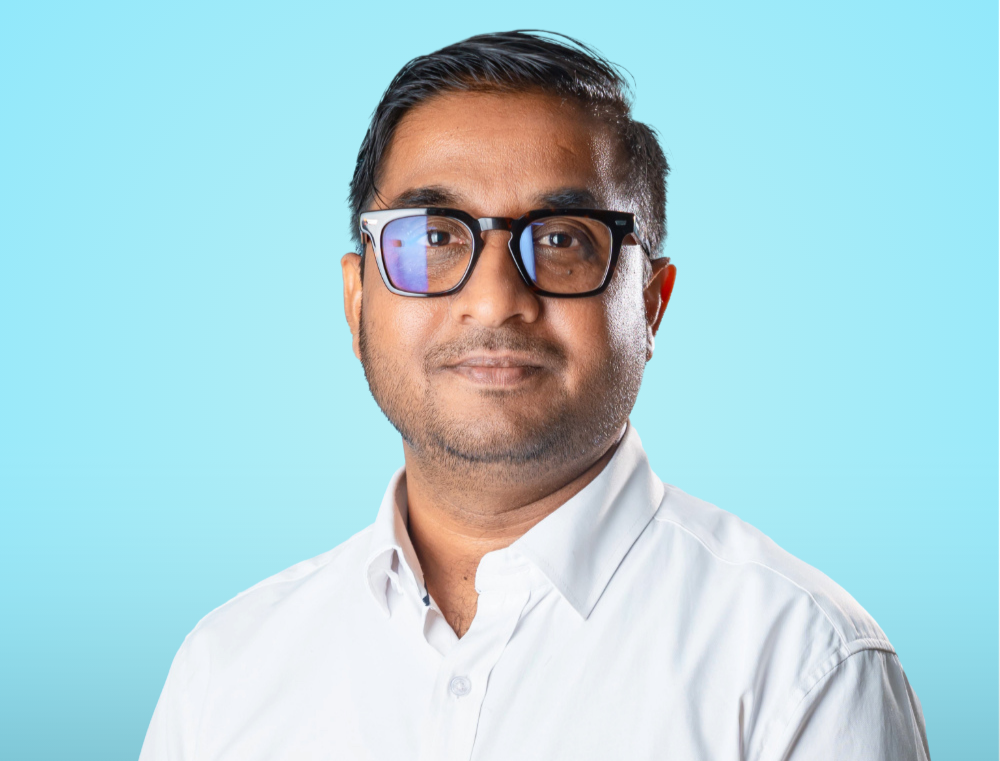Alok Kumar Karna

Optometrist
Education
Master of Clinical Optometry
Experience
17 years
About
Alok Kumar Karna is a senior Optometrist with over 17 years of experience in eye care. He holds a Master’s degree in Clinical Optometry and is specialized in comprehensive eye examinations, vision therapy, orthoptics, contact lens fitting, and diagnosing refractive errors.
Qualifications
Master of Clinical Optometry
Language Spoken
- English
- Hindi
- Nepali
- Basic Dhivehi
Other Optometrist

Elit anim nisi ut commodo esse sunt minim sed officia cillum qui do ullamco commodo proident.
Hussain S. Abrar Hussain

Elit anim nisi ut commodo esse sunt minim sed officia cillum qui do ullamco commodo proident.
Hussain S. Abrar Hussain

Elit anim nisi ut commodo esse sunt minim sed officia cillum qui do ullamco commodo proident.
Hussain S. Abrar Hussain

Elit anim nisi ut commodo esse sunt minim sed officia cillum qui do ullamco commodo proident.
Hussain S. Abrar Hussain
Frequently Asked Questions
A. Cataract surgery is typically not painful. Local anesthesia is used to numb the eye, and any discomfort during the procedure is minimal. Post-surgery, patients may experience mild irritation.
A. Cataract surgery is a common and generally safe procedure. It is considered serious in terms of the potential impact on vision but is routinely performed with a high success rate.
A. You should try to avoid blinking during cataract surgery, as it can disrupt the procedure. Surgeons use instruments to keep the eye open and steady throughout the surgery.
A. Some individuals with underlying eye conditions, severe medical problems, or unrealistic expectations may not be suitable candidates for cataract surgery.
A. Phacoemulsification, or "Phaco," is the most common and advanced cataract surgery method. It involves small incisions, quicker recovery, and improved outcomes, making it the preferred choice for most patients.

